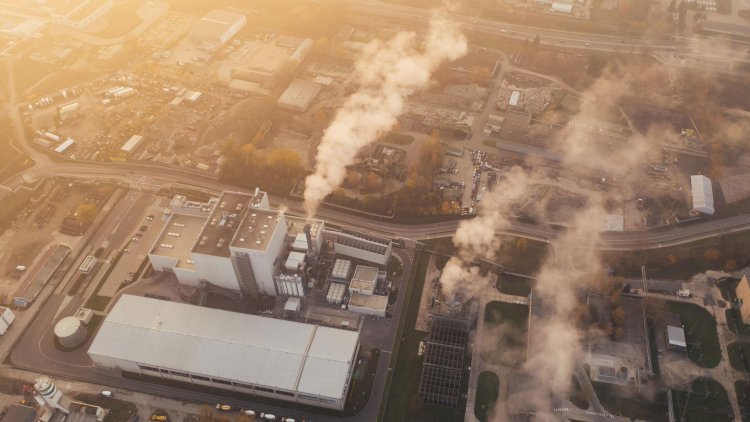Saudi Arabia establishes a carbon market company to help with the net-zero aim
The $620 billion wealth fund has been a significant supporter of several of Saudi Arabia's environmental goals. In its maiden dollar bond offering earlier this month, which also served as its first step into ethical finance, it raised $3 billion.

In order to help the country reach its net zero goal, Saudi Arabia's sovereign wealth fund established a voluntary carbon market company and intends to sell one million tonnes of credits.
The Regional Voluntary Carbon Market Co. was founded, according to the Public Investment Fund, in partnership with Saudi Tadawul Group. On October 25, the first day of the three-day Future Investment Initiative summit in Riyadh, which promises to bring billions of dollars to Saudi Arabia, the new company hopes to assist in facilitating the auction.
In order to ensure that carbon credit purchases go above and beyond significant emission reductions in value chains, a statement from the company reads, "The company will offer guidance and resourcing to support businesses and industry in the region as they play their part in the global transition to net zero."
According to the statement, the Tuesday auction will feature premium credits, such as certificates that are Verra registered and Corsia compliant. The International Civil Aviation Organization's Corsia programme, which also sells carbon offsets contracts on several commodities exchanges, is in operation.
The $620 billion wealth fund has been a significant supporter of several of Saudi Arabia's environmental goals. In its maiden dollar bond offering earlier this month, which also served as its first step into ethical finance, it raised $3 billion.
The world's top oil exporter, Saudi Arabia, is attempting to diversify its economy away from petroleum sales. The monarchy has set aside billions for carbon-capture technologies as part of its commitment to neutralise greenhouse gas emissions within its boundaries by the year 2060.
By 2030, it wants to have 50% of its local power grid powered by solar and wind energy, with the remaining 50% coming from natural gas. The nation is also making significant investments in hydrogen, which is thought to be essential for its eventual transition away from oil and gas.
Although the monarchy also pledged to increase its investment in oil and gas production, some analysts are still dubious, claiming that the world needs more hydrocarbons as it switches to cleaner fuels. Saudi Arabia has the most per-capita carbon dioxide emissions of any G-20 nation.




 admin
admin 




















